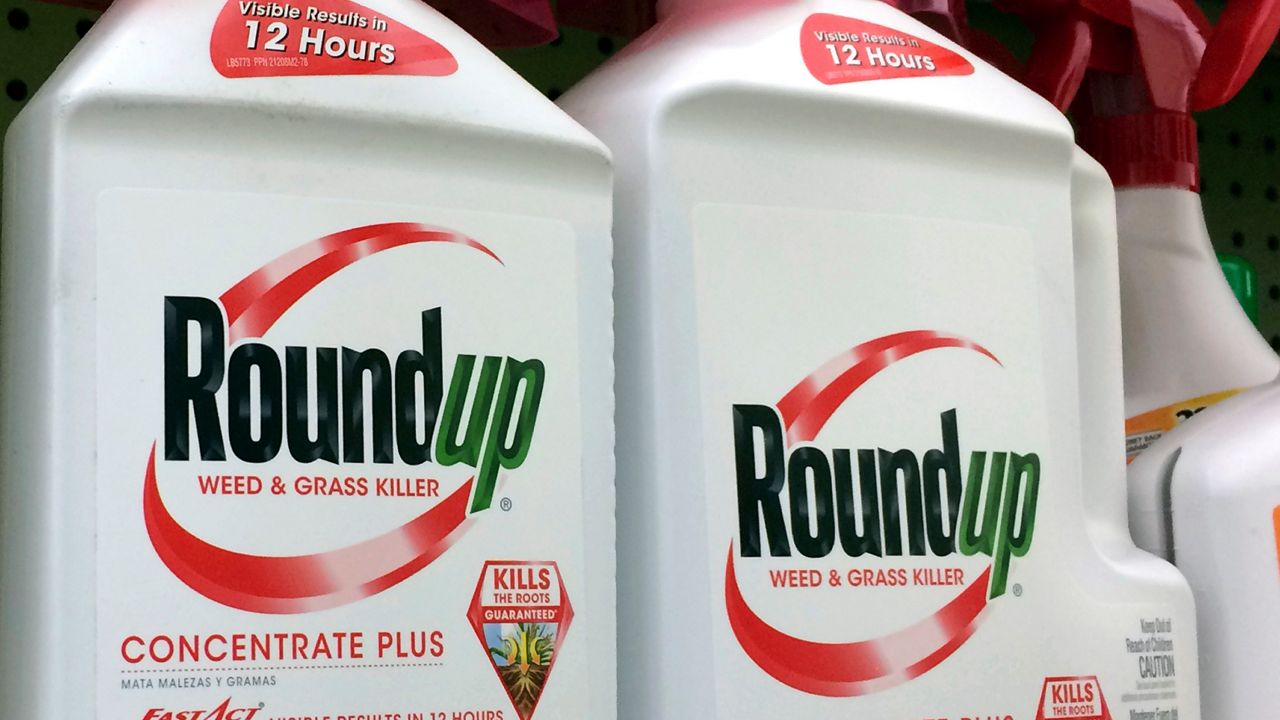The City Council voted unanimously on Thursday — Earth Day — to ban the use of chemical pesticides on city property, more than six years after similar legislation was first introduced in the chamber.
The new ban, an amendment to an existing city law limiting use of pesticides, was aimed primarily at the weed killer glyphosate, known by its commercial name RoundUp. RoundUp, the most popular weed killer in the world, has been linked in some scientific studies to certain cancers.
The legislation requires all city agencies to use only biological, or naturally derived, pesticides to control pests and weed growth.
“We no longer burn coal in our buildings, we don't light our offices with gas lamps, and we shouldn't be using toxic and dangerous chemicals in our public spaces,” said Council Speaker Corey Johnson ahead of the vote. “Our NYCHA residents deserve, our families enjoying a day in the park deserve better, New Yorkers deserve better.
“There is no evidence that municipalities moving away from glyphosate for vegetation management, including invasive and noxious weed control, are enhancing safety," a spokesperson for Bayer, the life sciences conglomerate that owns Monsanto, the creator of RoundUp, said in an email.
The ban will have the largest effect on the Department of Parks and Recreation, which in 2019 used more than 265 gallons of products containing glyphosate to control weed and invasive plant growth.
The legislation allows city agencies to seek waivers to use chemical pesticides, such as for controlling animal pests that threaten human health. A deputy commissioner for the Parks department suggested at a hearing on the legislation last year that the department would seek those waivers in some cases.
A spokesperson for Mayor Bill de Blasio said that he supports the bill.
Anti-pesticide advocates have pushed for years to get New York City to ban the use of glyphosate and other chemical pesticides, arguing that they are used more widely than city residents realize, and could be exposing children to cancer-causing substances.
They have also expressed concern that pesticides are used more widely in non-white neighborhoods of the city, especially on blacktop and asphalt surfaces to prevent weeds from coming through.
A 2020 report by the Black Institute, a Brooklyn nonprofit that conducts policy research and organizes activist campaigns, reported that city data about glyphosate use in Manhattan obtained through a Freedom of Information Law request showed that 42 of 50 parks sprayed with glyphosate in 2018 were in Harlem, a historically and majority Black neighborhood.
